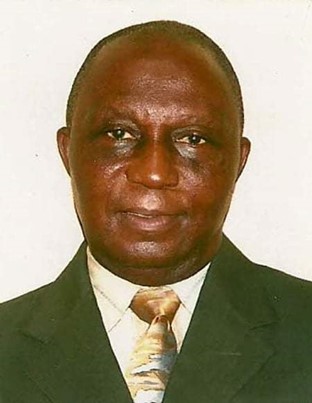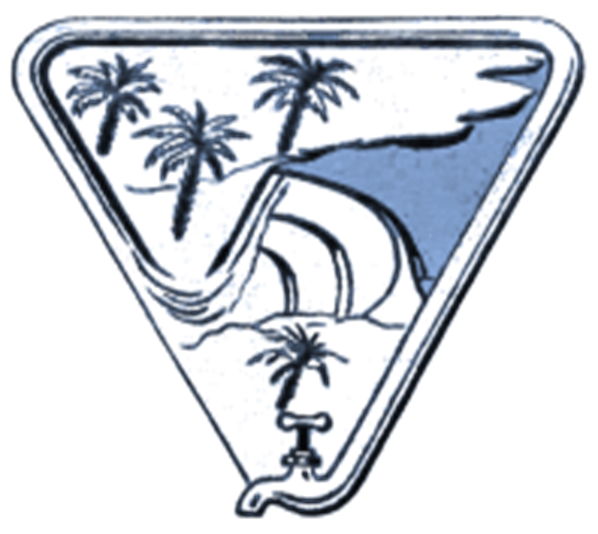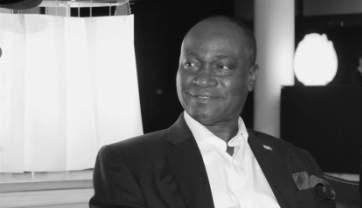The ACC and the free health care initiative
On April 27 2010, the government of Sierra Leone officially launched the Free Health Care Initiative. The Scheme covers pregnant women, lactating mothers and children under the age of five. The announcement of the Free Health Care was greeted with great hilarity. It was a jubilant day for Sierra Leone when the President affirmed that the aforementioned categories would access medical care free of cost. That was indeed a 49th Independence Day gift to the people of Sierra Leone.
Two years have gone by since that historic day. Prior to the introduction of the Free Health Care Initiative, most pregnant women, lactating mothers and under five children had little or no access to medical services. It is not that the hospitals and medical facilities were absent, but most of the people at that time could not afford to pay the bills for medical services. Today, there are some criticisms in the implementation of the Scheme. Nevertheless, the intended categories are benefitting somehow.
The glee the Free Health Care Initiative brought along is one that is supposed to last for a life time. But that extremely strong and lasting emotion of contentment and excitement is seemingly turning out to be an enigma. The people’s cry has been that corruption is derailing the course of the Scheme. If corruption is the issue, one may ask, what is the Anti-Corruption Commission (ACC) doing in that regard? Well, the Commission basically is an institution created to lead the fight against corruption with the support of other partners. In fact it would have never made any headway if it were to take the fight just upon itself. In terms of the Free Health Care Initiative, the Commission certainly has done a lot in that regard. It has investigated and prosecuted a medical doctor because of his alleged involvement in corrupt practices in the Free Health Care Initiative. This case is still in progress at the High Court in Makeni.
Few months after the Initiative was implemented in 2010, the Commission produced a-twenty-five-minute television documentary on the operations of the Scheme. A lot of issues were discovered such as; the drugs not being enough, bad roads leading to the Community Health Units in the provinces, a surge of beneficiaries to the Health Centres, beneficiaries misusing the facilities and above all Health Officials allegedly being involved in corrupt practices. There are lots of discoveries (both good and bad) about the Scheme in that documentary.
As it were, the Commission does not pose as a prosecutorial gladiator. It does not only investigate and prosecute but it also endeavours to prevent corruption through public education. The production of the documentary is one of the commission’s public education campaigns to minimize corruption in the Scheme if not eradicate it entirely. It is presumed that if the Free Health Care Scheme fails, corruption will be one of the causes for its failure.
As recent as 24th of June 2012, a delegation from the Anti-Corruption Commission led by the Commissioner left Freetown to visit Health Officials in Makeni, Kono, Bo and Kenema. The visit was to discuss alleged corrupt activities affecting the Free Health Care Scheme and to take steps to ameliorate the situation. The tour was made possible through funds from Irish Aid towards the monitoring process of the Free Health Care Scheme. Similar activities will be carried out in the Western Area and in other parts of the country.
Apart from the Commission reinforcing its position against corruption in the Free Health Care Scheme during the tour, it also learnt about the constraints faced by the medical officials in the field. One of those constraints is the alleged push versus pull method of supplying drugs to the Health Centres. What does push and pull mean? Apparently as it is alleged, when Health Centres forward requisition for drugs, instead of them getting back what they requested for, they are supplied what they did not request for. That explains the push factor. The pull side of it is when you get back what you requested for. In other words, when something is pushed to you it brings along bewilderment because you are not expecting it. Pulling it means receiving your supply as requested.
During the meeting with Health Officials in Kono, the Director of Public Education and Outreach Department, Shollay Davies, emphasized that the health sector is one of the most challenging areas in the development aspirations of Sierra Leone. Prior to the meeting in Kono, he admonished Health Officials in Makeni that the Free Health Care Initiative is not only crucial to the ACC as an institution, but to every Sierra Leonean.
ACC’s role in combating corruption in the Free Health Care Scheme and even in other sectors is minuscule. It is minuscule in the sense that, members of staff at the Commission are not omnipresent. If they were, then the fight against graft in Sierra Leone would have taken a different dimension. The largest part of the assignment to combat graft rests with the entire citizenry of Sierra Leone. Are we really ready for such a challenge? Well, it is a civic right for everyone of us to identify ourselves with the fight against corruption. When we triumph over corruption, the benefit goes to everyone of us and if it is the reverse we all suffer together. I know well that no Sierra Leonean in his or her right state of mind would wish for a replay of the 90’s. Well, if we take the fight against corruption as an “us and them” kind of thing, then I am afraid that the 90’s was just a rehearsal. Let us all make that conscious effort today and fight against corruption. Besides the immorality surrounding it, any happiness gained through corrupt means is momentary.
Whilst addressing Health Officials in Kono, the Commissioner, Joseph Fitzgerald Kamara, described corruption as a disease. He asked medical officials to help search for the antidote, especially in the Free Health Care Scheme. He further discouraged them from taking part in activities that may invite the Commission to investigate and prosecute them. However, the Commissioner did not also fail to recognize the constraints they face in their field.
Whatever the case may be, if the Free Health Care is allowed to operate as intended by donors and the government, then Sierra Leone will be the envy of most of its counterparts in the sub-region. The Commission may do all it can in seeing that the Free Health Care Initiative becomes a success story. But guess what? If you and I are not being transparent and accountable as we take an active or dormant role in the scheme, the whole process will just be in shambles. The greatest human is not the one with the strongest physique neither is it the wealthiest one. But the greatest and strongest is the one who can uphold to his or her integrity at all cost and in every given time.
By: Mohammed Ali Kamara
Stay with Sierra Express Media, for your trusted place in news!
© 2012, https:. All rights reserved.






Mary Johnson
/
The ACC and the free health care initiative: On April 27 2010, the government of Sierra Leone officially launche… http://t.co/ReGShxPg
18th July 2012